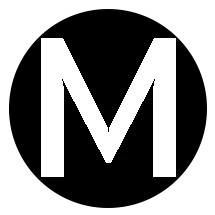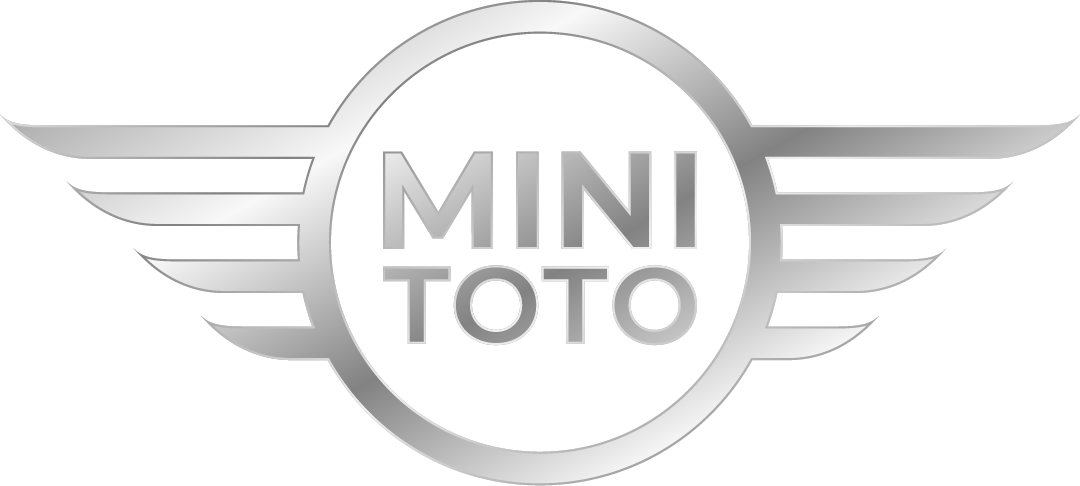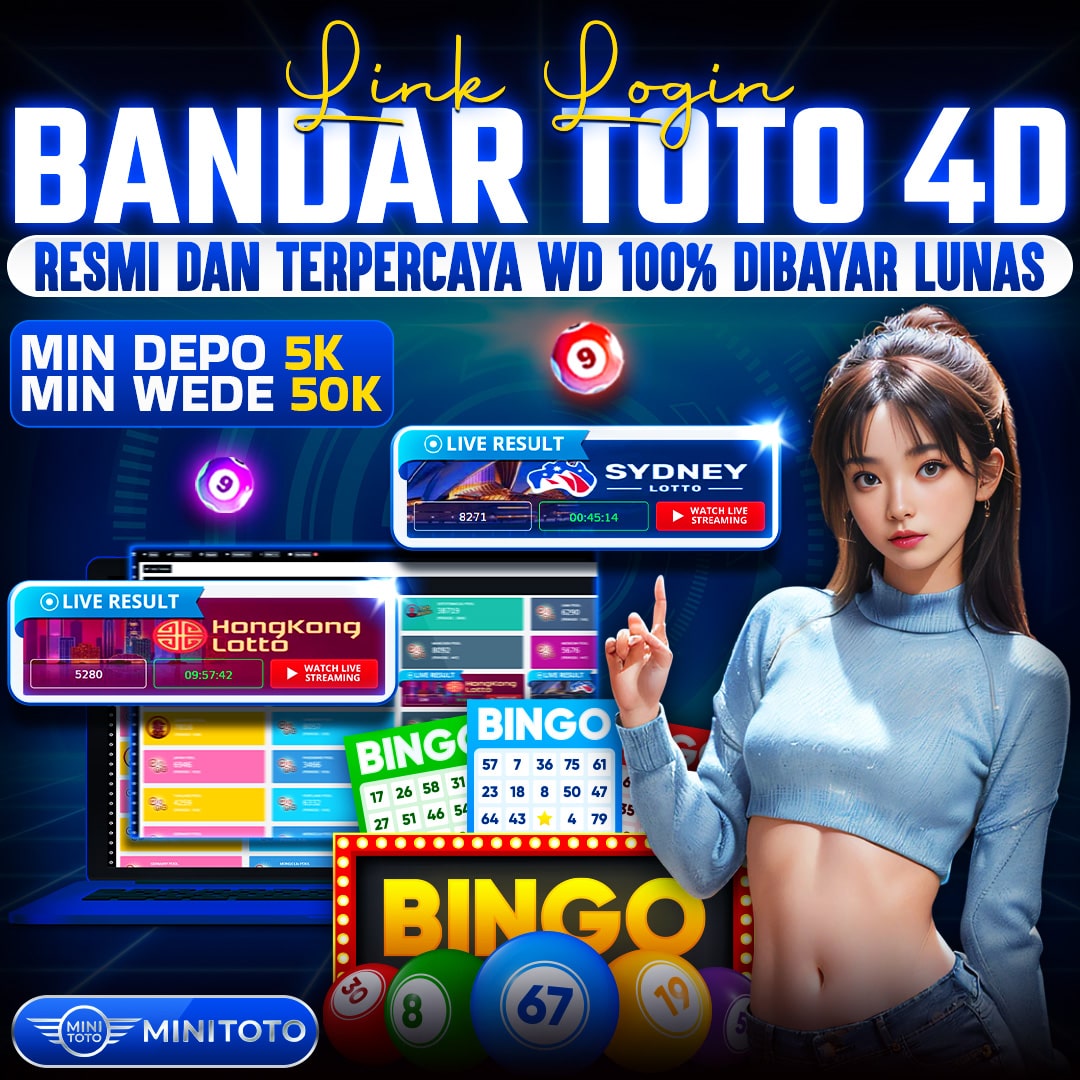⭐ Susilo, Jakarta ⭐

"Awalnya cuma coba-coba, tapi strategi dari Minitoto beneran ngefek. Prediksi bandar toto dan togel online 4D di tahun 2025 ini makin gampang kebaca, gue pribadi udah ngerasain hasilnya berkali-kali. Mantap sih, terbukti!"
⭐ Bambang, Surabaya ⭐

"Sebagai orang yang udah main togel online cukup lama, jarang ada situs yang bisa kasih insight strategi segamblang Minitoto. Nggak cuma teori, tapi ada bukti nyata kalau ribuan pemain sudah terbantu. Recommended buat yang serius."
⭐ Yudho, Medan ⭐

"Gue skeptis awalnya, tapi setelah ikutin strategi gacor dari Minitoto, langsung kebukti. Update 2025 ini bikin main togel online jadi lebih masuk akal, nggak asal tebak. Bisa dibilang Minitoto udah punya kredibilitas tinggi di dunia toto 4D."





 Masuk
Masuk